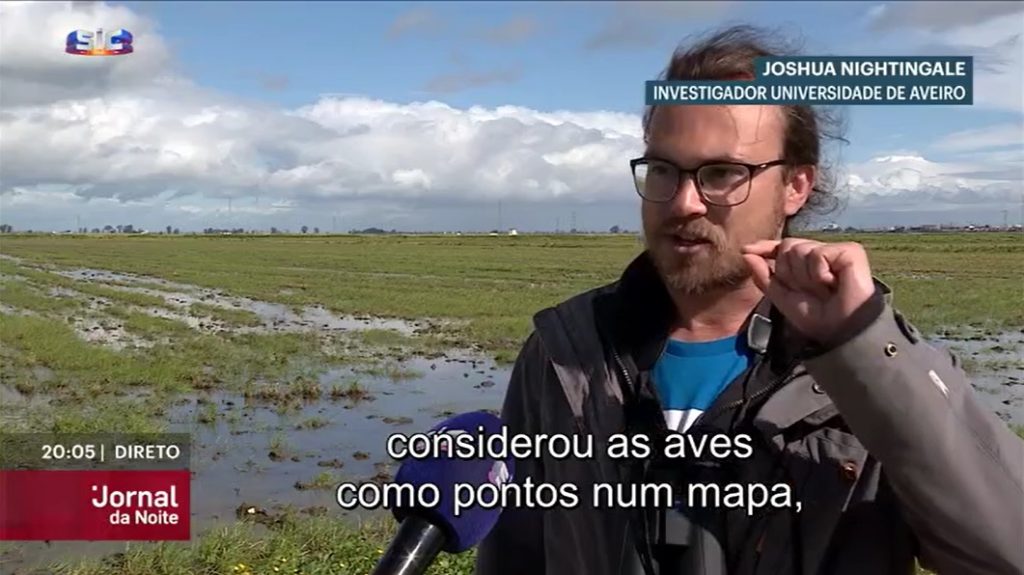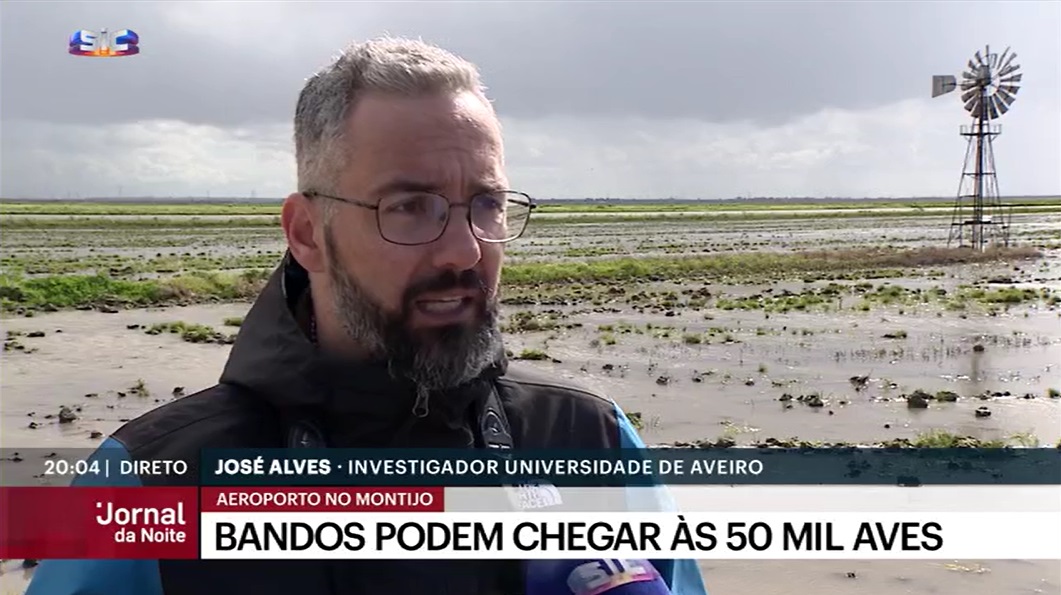
At the end of January 2024, the Portuguese Environment Agency made the historic decision not to extend the Environmental Impact Statement (EIS) for the Montijo airport project, based on solid scientific grounds. This decision was strongly influenced by six scientific studies focused on avifauna, four of which were conducted by researchers from CESAM.
The CESAM studies highlight the significant environmental impacts that the project could have on the protected area of the Tagus estuary, a crucially important area for birds and their habitats. José Alves, a CESAM/DBio researcher, along with his team, contributed three of these studies, which point to alarming conclusions: the airport project would threaten biodiversity in the protected area, negatively affect migratory birds – many of which are already facing sharp declines -, and have impacts that exceed the limits of the area designated for conservation.
These findings caught the attention of various media outlets, notably including reports in Diário de Notícias and on SIC’s Jornal da Noite, broadening the public debate on the matter.
José Alves, who has been pointing out the flaws in the Environmental Impact Assessment process and the risks of non-compliance with legislation since 2019, sees the APA’s decision as a reflection of the importance of science in governmental decision-making related to biodiversity conservation. This stance, if it remains firm after the period of contestation, could serve as an exemplary benchmark of the interaction between scientific research and public management, reinforcing the vital role of science in environmental protection and future sustainability.
